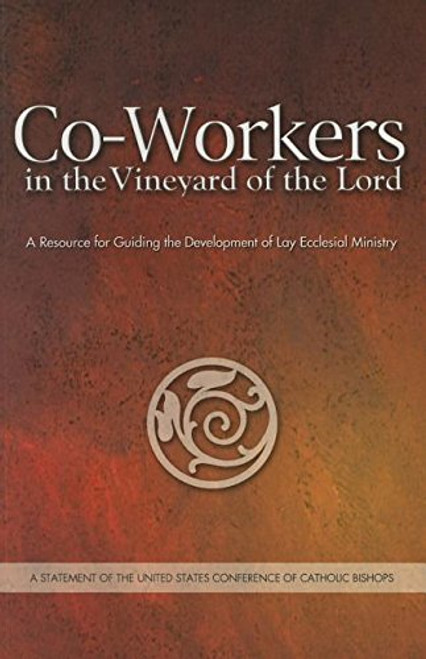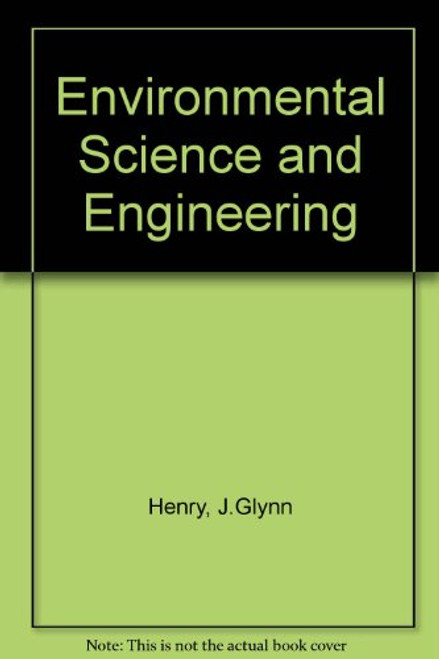Product Overview
Throughout the world, and even in the United States, engineers are tackling the challenges of sustainable development and public health - challenges that engineers are uniquely qualified to address. Yet engineers working abroad on development projects often lack the knowledge and information to design, plan, construct, operate, and maintain technology that is culturally, economically, and geographically appropriate - technology that takes into account gender, does not use significant amounts of fossil fuels, accounts for environmental conditions like water scarcity, and uses local construction materials. This readable and fully illustrated guide is a complete handbook for international engineering service projects that involve water supply and treatment, watersheds, sanitation systems, and indoor air quality. It provides the tools necessary to implement the right technology in developing regions around the world. The authors introduce sustainable engineering and explain how environmental engineering fosters public health, with an emphasis on the relationship between community participation and the success of an engineering project. In addition, this book covers topographical surveying, project planning, watershed management, and construction materials and techniques. Specific technical guidance is offered for the design and construction of multiple systems for water supply, water and wastewater treatment, and flood storage and drainage, as well as solid waste management and indoor air quality improvement. This book is a valuable resource for engineering students, faculty, and practitioners involved with programs like Engineers without Borders, Water for People, and Engineers for a Sustainable World, as well as those affiliated with government groups, international agencies, and charitable organizations.









